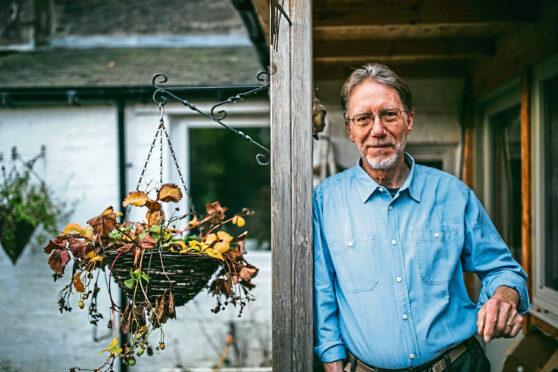
After working to ease addiction around the world, Dave Macdonald is dismayed by Scotland’s ongoing drugs problems and says that criminalising drug users is no solution.
There were 1,339 drug deaths in the country last year – a record number for the seventh year in a row and the highest toll in Europe – prompting new promises of ministerial action.
Macdonald said the country’s drugs problem has been detailed since he helped launch the Drugs Training Project at the University of Stirling in 1985: “I hoped it would be better now, not worse,” he said.
“A lot of it has to do with resources, but poverty and inequality is absolutely the bedrock of it all.
“People use drugs to relax and feel good and take them away from their reality, and if their reality is no job or money, or living in poor-quality housing, the chances of taking drugs is substantially increased.
“Preventing drugs from coming into the country is one thing but it’s not an answer to the problem.
“Introducing safe injecting rooms could help as part of a wider strategy. It’s a way of bringing in users and a broader service could then be provided.
“You have to give people the services they want, rather than the services you think they want. We need to ask the drug user.
“It’s ridiculous, when you look at Europe, that Britain has not yet decriminalised even cannabis. If Scotland could pass its own drug laws, I think it would happen.
“Westminster needs to look at its drug laws, because they are based in prohibition and don’t work. Even in America now, cannabis can be bought in the majority of the states. They have done that flip. They were the mothers of prohibition and they’ve changed.
“I don’t know enough about what’s happening on the ground here now, but a lot of good stuff has been done, such as access to naloxone to prevent drug overdoses.”

Enjoy the convenience of having The Sunday Post delivered as a digital ePaper straight to your smartphone, tablet or computer.
Subscribe for only £5.49 a month and enjoy all the benefits of the printed paper as a digital replica.
Subscribe